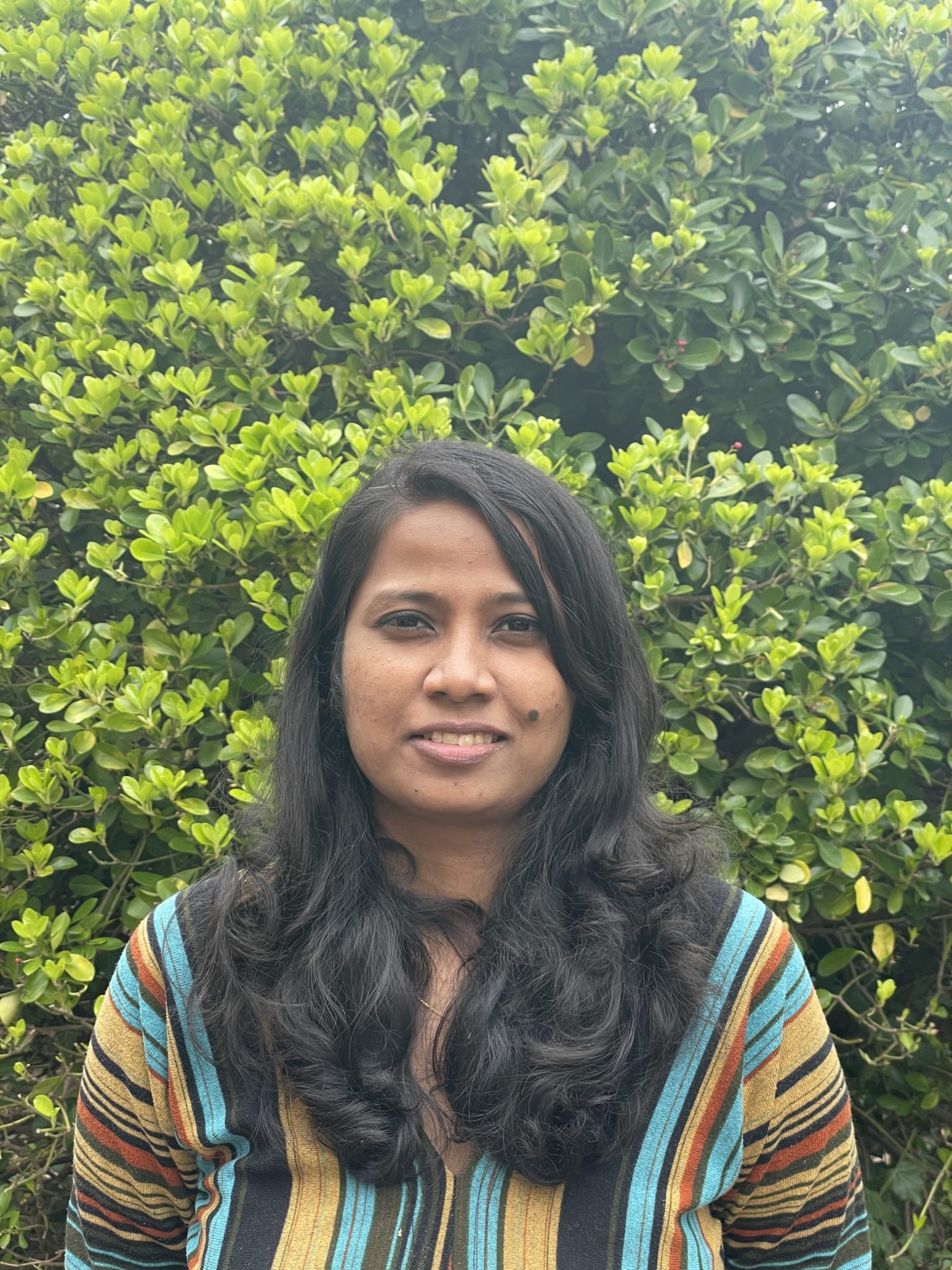ESR project 2
Learning new coordination patterns in a manual visuomotor adaptation task in people without disorders and in people suffering from stroke
Host Institution: University Medical Center Groningen
Department that hosts the PhD: Department of Human Movement Sciences
Supervisors involved: Dr. Bongers, Dr. Smith, Dr. Zhang, Dr. Reinders-Messelink
Project description
This project aims to characterize and stimulate exploration at muscle and joint level to learn to adapt to perturbations in the environment, such as a visuomotor rotation, to develop training strategies for patients with cerebellar stroke. There is a wealth of literature in how people adapt their movements of the index finger to visuomotor rotations in point-to-point reaching movements. However, adapting the movement of the index finger to a visuomotor rotation requires new and exploratory coordinative patterns in joints and muscles of the arm, that have until now received minimal attention in the literature. Importantly, the musculo-skeletal system is redundant and therefore learning to adapt requires a search for these new coordinative patterns. The current project focuses on this search while taking into account the neural constraints that shape the motor commands over learning (see PhD project 1). In the experimental task, participants perform point-to-point movement to targets in which a visuomotor rotated position of the index finger is presented as a cursor on a screen. In a series of studies a) search processes in the redundant muscle space and joint space will be characterized over learning to adapt to the visuomotor rotation, and b) it will be established which experimental conditions optimally stimulate the search processes. The conditions that show optimal search will be tested with patients suffering from a cerebellar stroke to stimulate their learning to make new arm movements.

About ESR2-Jan Thomas
I completed my MSc in Biomedical Engineering in India, which is also my home country. My Master’s thesis involved analysis of neuromuscular control of arm movements by simulation of reaching task, using optimal feedback control. I am interested in dynamic systems approach and I want to extend it to understand motor learning and synergistics.
The goal of my PhD is to understand learning new synergies in a continuous redundant task in health adults and stroke patients.
I like photography and traveling in my spare time, but most of all, I am an avid hiker.